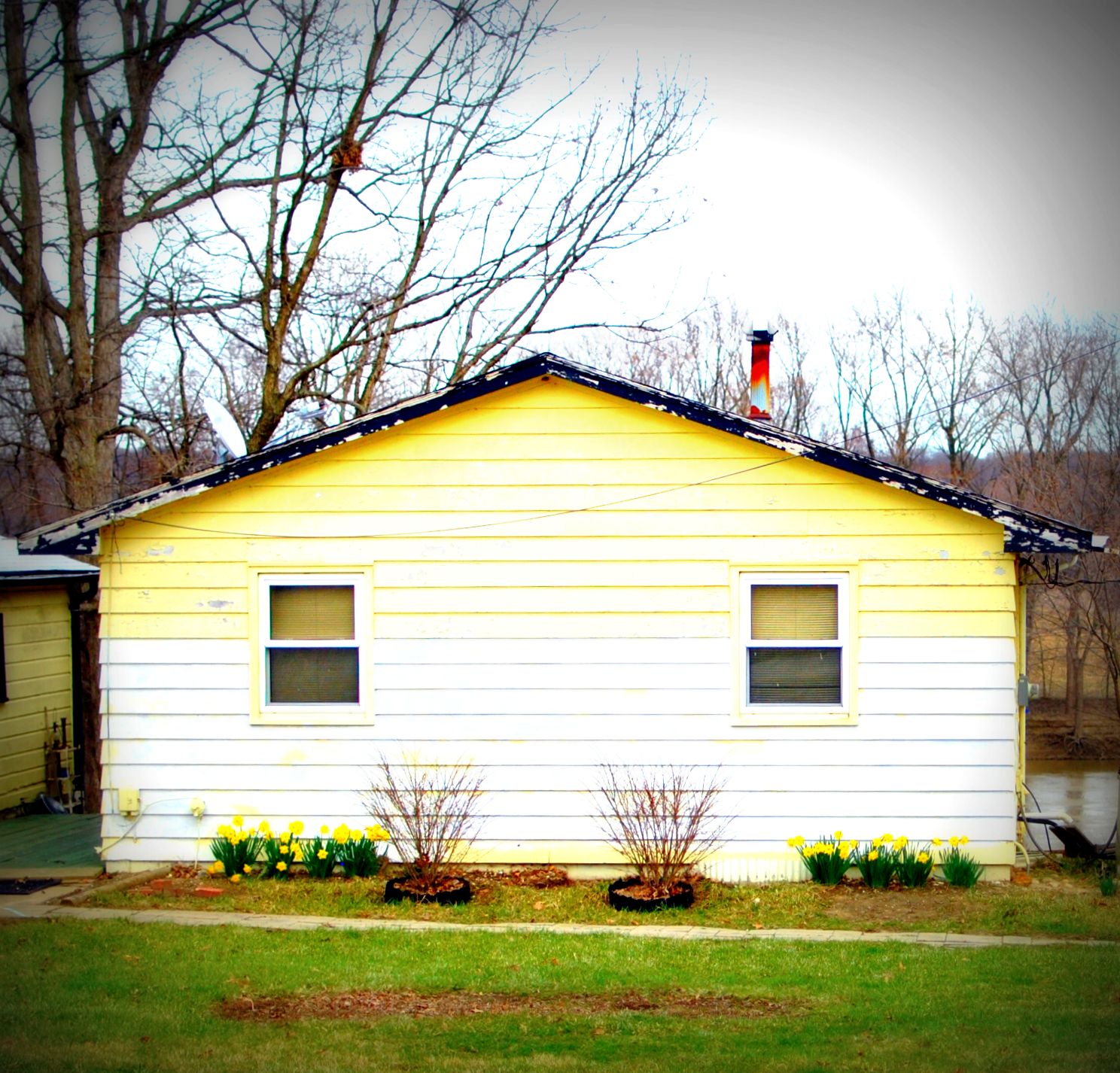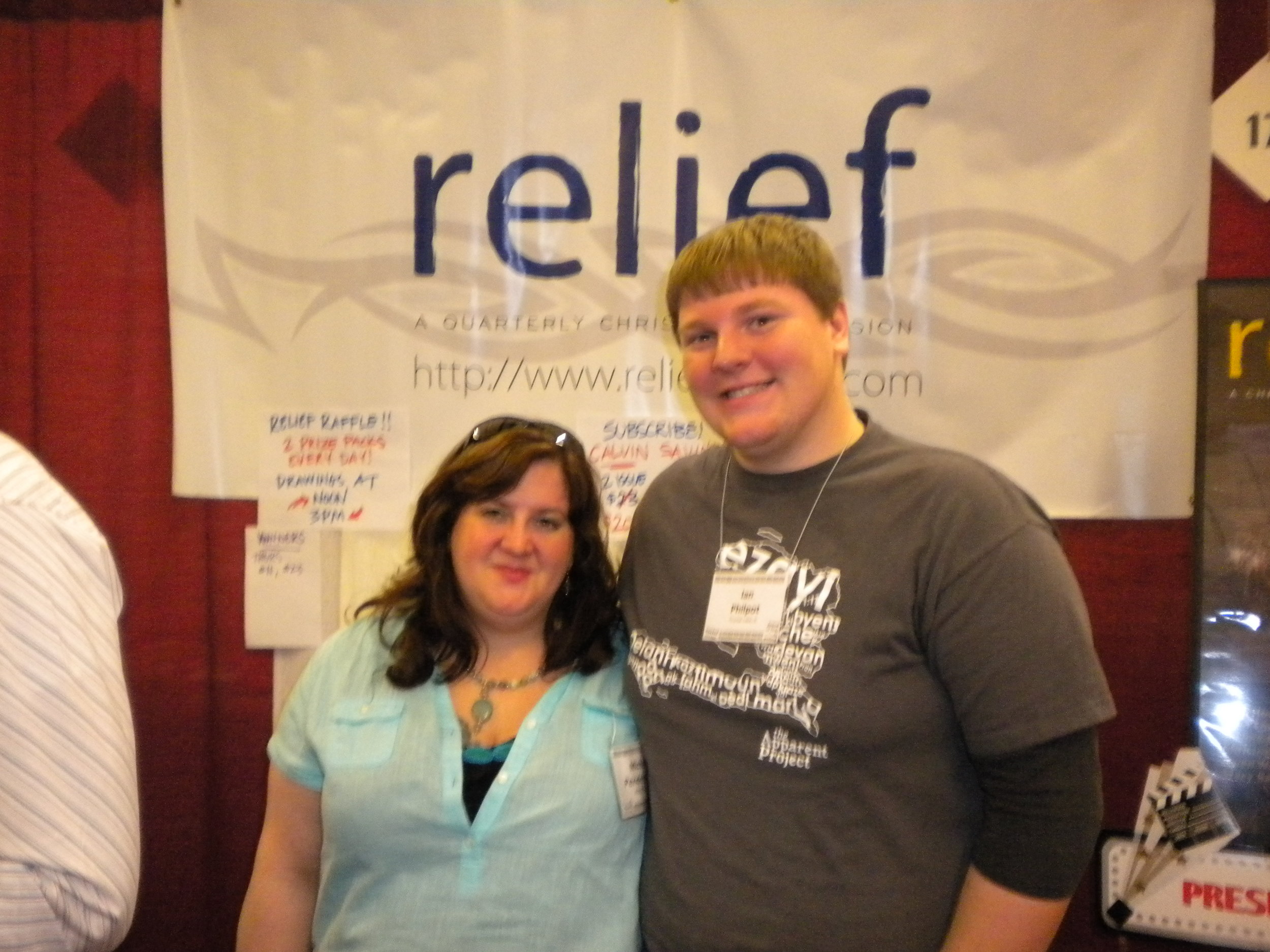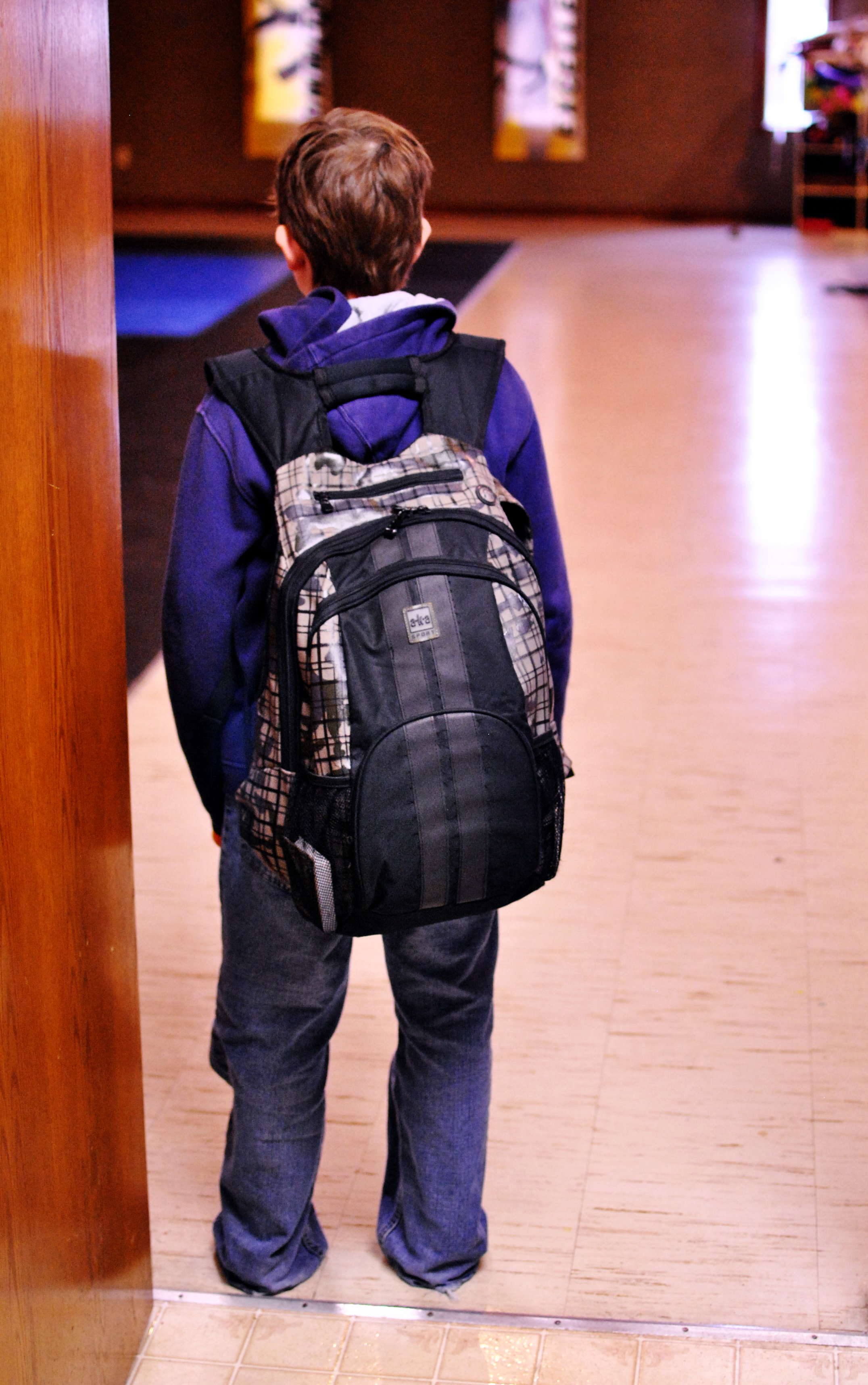Stephen Swanson looks to reality TV to establish his new philosophies and contents of education. He is very glad that Lent is over, as snark abounds in this column .
.
Recently, as I tried to convince the IT department why I needed "Hulu" and a couple other television-streaming websites unblocked, I was surprised to learn that not everyone innately sees the educational importance of contemporary reality television.
Who has not learned something from reality television? I could found a whole school curriculum drawing from reality TV.
A Catalog- a brief selection
Survival 101: encourages students to challenge themselves through personal and physical challenges of deprivation and competition, while including discussions of ethics. Section topics will also include Biting Fauna, Things You Might Be Surprised You'll Eat For Money, Things You'd Be Surprised That You'd Do For Something to Eat, and a brief discussion of history/anthropology.
Fitness and Weight Loss 220: strives to show students ways to adapt cultural standards of health and beauty on individual levels, rather than addressing the deeper, institutional, economic and cultural aspects of society that result in the definitions or extent of the problems. Methods will include strict dieting, large quantities of exercise and shame, as well as peer pressure. Plastic surgery might be covered, time and need permitting, especially for female students. The course will not emphasize long-term health or effects that are not visible or measurable, preferably on big screens and numbers in front of others.
New for Fall: ALL students must have liability waivers signed and notarized before any activities or surgeries begin.
Apprenticing in Business, Finance, and Other Competitive Industries 480: Students will examine ways to work as groups as part of a corporate environment, including introductions to basic business, marketing, and publicity concepts and exercises. Additionally, students will be expected to become versed in the privileges and ethical laxity that their desired career owe them as a mark of their success. A short thematic unit will cover staging "performances" that display corporate goodwill through a short period of working in a lower class job or the destruction and rebuilding of a needy person's house, regardless of the effects on their costs and abilities to retain the house in the future.
*Note: The quality of this class depends highly on the quality of participants. So, come ready to learn.
Spring & Summer Interims in New Jersey, New York, Miami, Chicago, Cancun, as well as many road trips and tours will be offered to all students. These courses emphasize interdisciplinary learning that test and encourage the development of problem solving, setting and keeping goals, travel planning, time management, and relational communication.
*Note: Additional, specialized interims will be offered on specific subjects as follows: "The Effects of Steroids", "Alcohol & Other Mood Altering Substances", and "Inter-gender Non-verbal Communication" (Same-Gender N-V Comm. is offered when interest dictates).
*Additional Note: "Sitting in Cafes/Clubs, Awkward Silences, Staring, & Flesh-colored Beards" will not be offered after this year, and all students must attend the "Social Diseases" workshops before and after their trips.
***
Stephen Swanson teaches as an assistant professor of English at McLennan Community College. Aside from guiding students through the pitfalls of college writing and literature, he spends most of his time trying to remain aware of popular culture, cooking, and enjoying time with his wife and son. He holds degrees in Communications (Calvin College), Film Studies (Central Michigan University), and Media and American Culture Studies (Bowling Green State University. In addition to editing a collection, Battleground States: Scholarship in Contemporary America, he has forthcoming projects on Johnny Cash and depiction of ethics in detective narratives.
 Presales are here!!!
Presales are here!!!











 This essay has been making the tweet and facebook rounds, and we at Relief thought it was worth sharing with you, too.
This essay has been making the tweet and facebook rounds, and we at Relief thought it was worth sharing with you, too.




